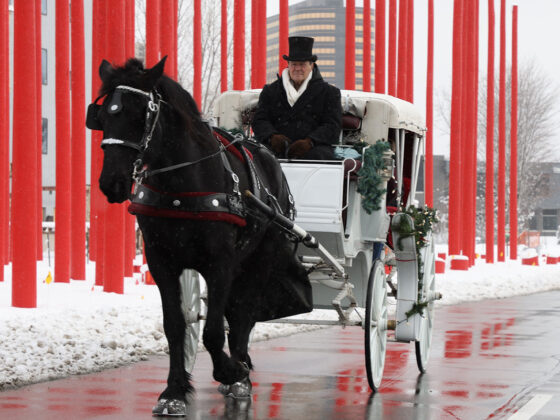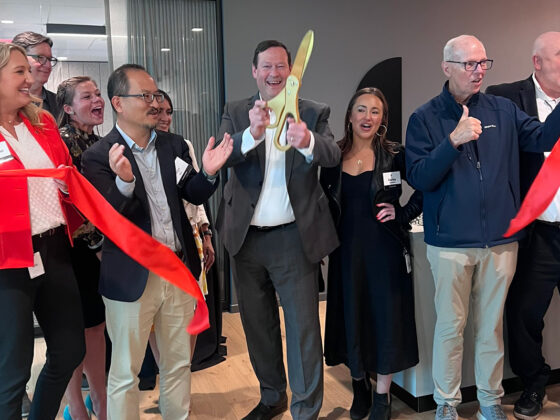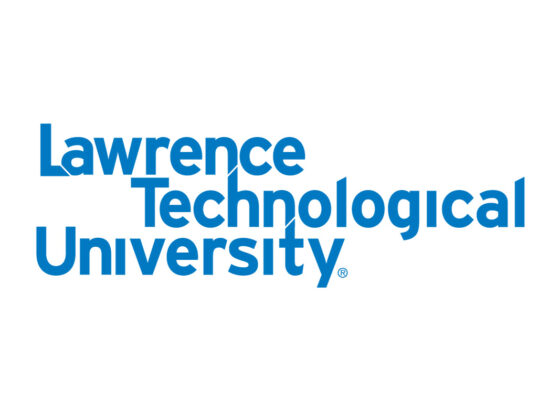 SOUTHFIELD, Mich. – “Mathematical Biology and the Revolution of 21st Century Science” is the topic of the 2015 Walker L. Cisler Lecture, which will be delivered by Professor Trachette Jackson of the University of Michigan-Ann Arbor on Wednesday, April 1, at 7 p.m. at Lawrence Technological University.
SOUTHFIELD, Mich. – “Mathematical Biology and the Revolution of 21st Century Science” is the topic of the 2015 Walker L. Cisler Lecture, which will be delivered by Professor Trachette Jackson of the University of Michigan-Ann Arbor on Wednesday, April 1, at 7 p.m. at Lawrence Technological University.
The event, which is free and open to the public, will be held in the Mary E. Marburger Science and Engineering Auditorium in LTU’s Science Building. For more information, call (248) 204-3500.
Mathematical biology, the mathematical modeling of phenomena in the biomedical sciences, is one of the fastest growing areas in applied mathematics. In this introduction to the field, Jackson will highlight its historical successes and showcase ways in which mathematics and high-powered computing are used to tackle some of the biggest biological challenges.
Jackson is an award-winning teacher and scholar whose research in mathematical oncology has received international attention. In 2003, she became the second African American woman to receive the prestigious Alfred P. Sloan Research Award in Mathematics.
The main focus of her research is combining mathematical modeling and in vivo tumor vascularization to gain a deeper understanding of tumor growth and vascular structure at the molecular, cellular and tissue levels.
LTU’s annual Walker L. Cisler Lecture is dedicated to the improvement of science education and is generously supported by the Holley Foundation. It honors Cisler for his leadership at Detroit Edison from 1954 to 1971 and his dedication to improving the quality of life for people around the world.
Lawrence Technological University, www.ltu.edu, is a private university founded in 1932 that offers more than 100 programs through the doctoral level in its Colleges of Architecture and Design, Arts and Sciences, Engineering, and Management. PayScale lists Lawrence Tech among the nation’s top 100 universities for the salaries of its graduates, and U.S. News and World Report lists it in the top tier of best Midwestern universities. Students benefit from small class sizes and a real-world, hands-on, “theory and practice” education with an emphasis on leadership. Activities on Lawrence Tech’s 102-acre campus include over 60 student organizations and NAIA varsity sports.





